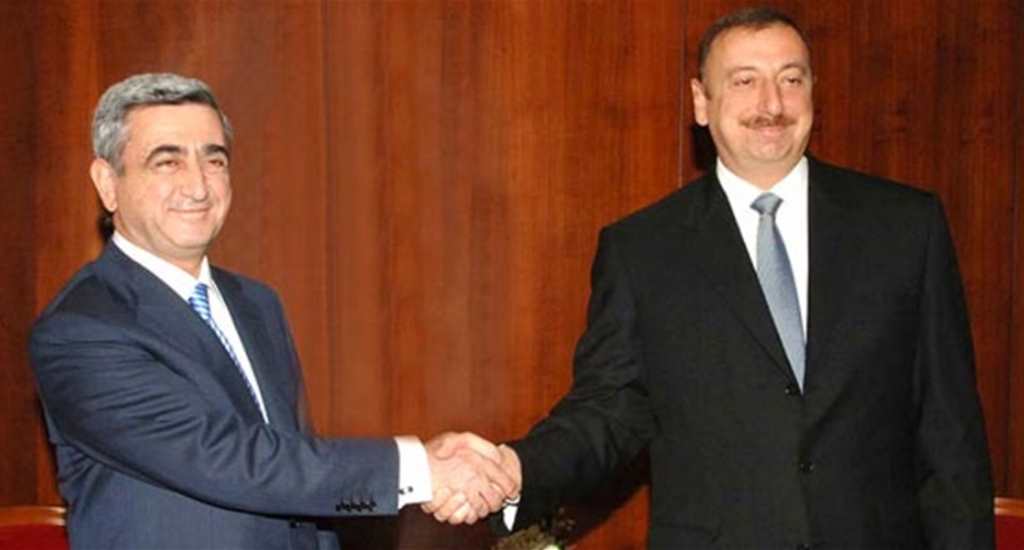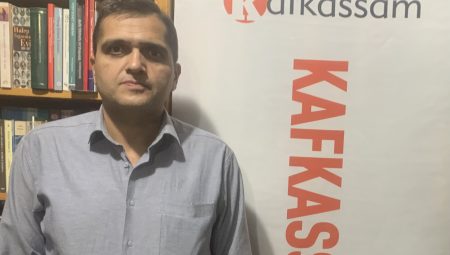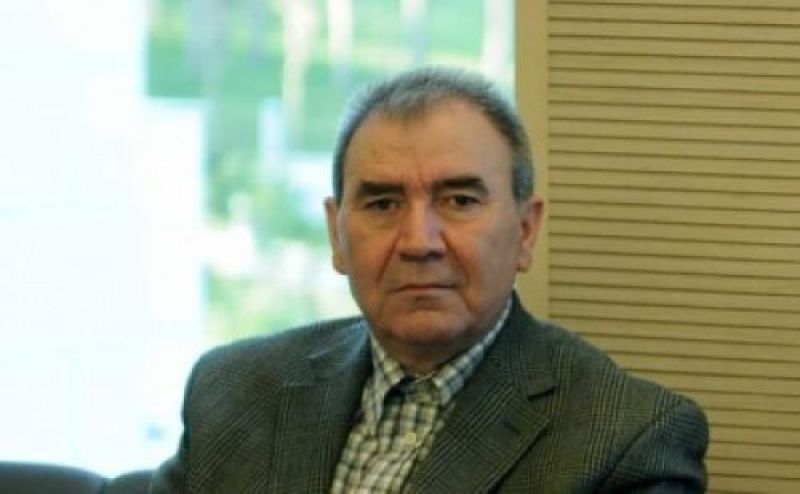Decisive Diplomacy Essential to Securing Fragile Nagorny Karabakh Ceasefire
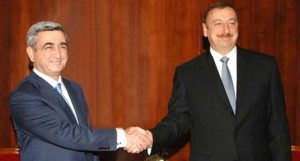
The Russian-brokered ceasefire in Nagorny Karabakh appears to be holding. But with each side claiming ‘victory’, diplomatic space needs to be carved out swiftly before new violence breaks out.
Last week’s outbreak of Armenian-Azerbaijani fighting along the Line of Contact (LOC) has yet again demonstrated that preserving the status quo – a self-regulated ceasefire and a defunct political process – is unviable. Azerbaijan’s exasperation, and capacity to challenge the status quo, has been made clear once again. New ceasefire support infrastructure is essential, but this alone is insufficient. It needs to be coupled with a re-activated political process to re-validate politics over frontline violence.
Components of an agreement
Diplomats leading the shuttle diplomacy effort have affirmed that the components of an agreement are in place. This is true: for nearly a decade the OSCE Minsk Group, the Armenian and Azerbaijani presidents and their foreign ministers have discussed the Madrid Principles, presented in 2007.
But platitudes suggesting near-agreement are misleading. For years Armenian and Azerbaijani negotiators have been irreconcilably committed to different understandings of the sequencing of these principles. The Madrid Principles propose the release to Azerbaijani jurisdiction of occupied territories adjacent to Nagorny Karabakh, peacekeeper deployment, a corridor to connect and the territory with Armenia and an interim status for the territory. Their proposed solution to the core issue under dispute – Nagorny Karabakh’s political status – is a referendum. But long before last week’s violence many in the region – especially Karabakh Armenians – regarded this idea at best unfeasible and at worst, disingenuous.
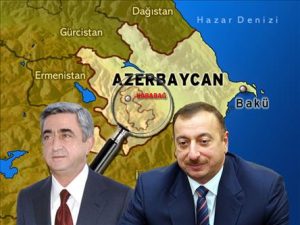
Ideas rumoured to have been discussed for some time in diplomatic circles appear to propose a kind of ‘Madrid-lite’. This could involve the return to Azerbaijani jurisdiction of some of the occupied zones to the east and south of Nagorny Karabakh, in exchange for security and self-government guarantees for the Karabakh Armenians. This would in theory allow for a great many displaced Azerbaijani communities to return, and for Karabakh Armenians to be recognised in a limited way and to re-enter the peace process.
Yet it would also involve difficult trade-offs. Armenians would need to accept a new LOC closer to population points in Nagorny Karabakh, and therefore to trust international security guarantees. Azerbaijan would regain only some of the territory it sees today as occupied, and risk the embedding of a new LOC: where Russian peacekeepers have been deployed in the South Caucasus, they have stayed. Between the maximal demands of Nagorny Karabakh’s secession or reintegration on each side, no concept exists for Armenian-Azerbaijani cohabitation. This remains a taboo undermining all discussion of a peaceful settlement.
Recent violence gives the parties fewer incentives than ever to agree, even to a ‘Madrid-lite’. Civilian casualties on both sides, including reports of alleged atrocities in the ethnic Armenian–populated village of Talysh, have conjured extremely painful memories from the recent past that are impossible to dispel without investigation and accountability.
Claims of regained territory, even if fleetingly so, have electrified an Azerbaijani society that has for so long lived with a psychology of defeat and occupation. On all sides dysfunctional lessons are being learnt on the primacy and validity of force. But militant euphoria has yet to confront the mass casualties and new displacements that would accompany more sustained hostilities.
Security, politics and accountability
In order for the complex political architecture of the Madrid Principles to start looking remotely real, much more than shuttle diplomacy is needed. The inclusive statement on 5 April by all 11 members of the Minsk Group (which includes Turkey), the first in years, was a good start. Revamping the Minsk Group to include official EU representation, through the current member state chairing the EU, is long overdue. This would serve to underscore both collective European responsibility and individual member-state leadership.
Three commitments are then needed from the OSCE. First, a firm and specified commitment to the security of the parties; without this, they have little incentive to contemplate the necessary risks in moving to political agreement. Recent days have demonstrated the bankruptcy of Russia’s policy of ‘symmetrical armament’ as a strategy for Armenian-Azerbaijani security. Explicit international commitments to a new security architecture can offer a way forward.
The conflict parties have traditionally not supported the deployment of peacekeepers, discussion of which is mired in geopolitical calculation as to their national composition. But international inaction on ceasefire monitoring risks defaulting to a potentially disastrous all-out war. Where governments fear to tread, at a very minimum civil monitors may step in. Civilian monitoring has a history in the area of the de jure Armenian-Azerbaijani border, and could be resumed and extended.
A second commitment is needed to address the political concerns of the parties. The negotiations process over recent years has slowed to periodic meetings of the Armenian and Azerbaijani presidents and the foreign ministers only. There is a shockingly inverse relationship between the number of issues on the table and narrowness of the format, inevitably creating a dysfunctional emphasis on result because there is no process. Calls have been made for a long time for the negotiations to be diversified, for example, through the introduction of working groups and special envoys, in order to allow a process to develop. Monotony in rhetoric and monopoly on participation need to be broken.
A third and final commitment is needed from the international community: to making a full investigation of last week’s violence available to the public. The OSCE has already referred to its limited mandate to investigate ceasefire violations. This must be reviewed. This aside, the full investigation of what looks to be more than a dozen civilian deaths is a sine qua non of any future progress.
These issues should form the agenda of a Minsk Conference, mandated by the OSCE Council of Ministers on 24 March 1992 to promote a peaceful resolution of the Armenian-Azerbaijani conflict, but never actually convened. It is long overdue.
Laurence Broers Associate Fellow, Russia and Eurasia Programme
www.chathamhouse.org


